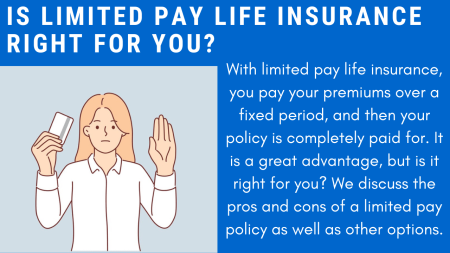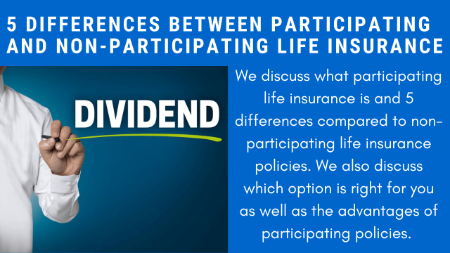
Many life insurance companies offer life insurance riders for policyholders. Life insurance riders allow policyholders to customize their policy to their needs and wants. Like a knot, they attach to your base life insurance policy.
Of course, the more you customize, the more your policy costs. Carriers charge an additional cost for some of these riders.
What?
Yes, many riders come with an extra cost. Sometimes, the cost is worth it. Other times, it is not.
Continue reading The Best Life Insurance Riders And Ones You Don’t Need
 Have you heard about limited pay life insurance and wondered what it is about?
Have you heard about limited pay life insurance and wondered what it is about? Many people ask me if life insurance is part of the probate process.
Many people ask me if life insurance is part of the probate process. Have you heard of participating vs. non-participating life insurance and wonder what the hubbub is all about?
Have you heard of participating vs. non-participating life insurance and wonder what the hubbub is all about? I think you’ll agree that smokers have a hard time finding affordable and cheap life insurance.
I think you’ll agree that smokers have a hard time finding affordable and cheap life insurance.